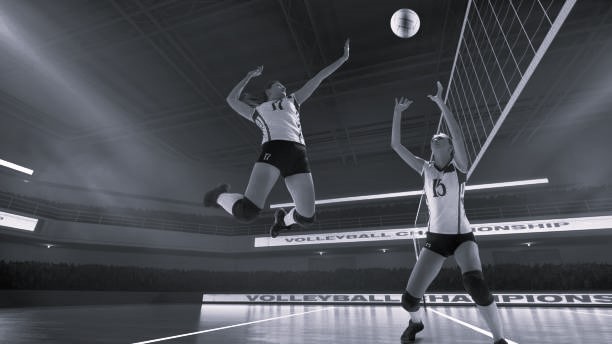Work
Narrative for Athletic Perfomance

Think Better... Perform Better.
Get the mind out of the way and let the body do what it's trained to do.
All athletes and performing artists struggle with something. The struggle could be in strategy, tactics, or skills. Yet some others struggle with distractions or mental roadblocks. These are mild things that take the brain off the task temporarily and therefore diminish performance. With aforementioned categories, one seeks guidance. That guidance comes from coaches, consultants, peers, team-mates, etc. When it comes to distractions however, society tends to neglect this category and/or recommend professional therapy (the word “therapy” is usually received poorly, although coming around).
Mental Skills Training is a growing discipline that assists performers with their cognitive disruptions and facilitates optimal performance; an area that is rarely focused on or taught with most sports programs. Mental Practice for Performance (MP4P) originated with a simple observation: some young athletes struggle with emotion in sport. Some would say there is no room for emotion in sport. On the contrary – one needs to enjoy the sport to play it effectively; enjoyment is emotion. The problem arises when the negative/distracting emotions surface and take over. With some players, the management of these emotions comes naturally. Most players need assistance in this category and thus the search and eventually the discovery of this emerging sub-field. The essence of performance psychology is”…Let the mind get out of the way and let the body do what it’s trained to do.” Though the catalyst for MP4P was sport-related, the concepts extend to overall life performance. Currently, very few programs exist that focus on this area of development; hence, a gap in development. MP4P effectively provides a solution to what is truly missing.
We can teach athletes and performers to hit a ball, pirouette, tackle opponents, plié/relevé, shoot baskets, swing a club, and a host of other skills, but we fail to meet one need: focus. We can tell others to focus, but with a highly multi-tasking society, telling one to focus may not yield proper results. In short, we need to teach them this skill; further, we need to re-educate coaches, professionals, and many others how to reclaim this aptitude. The reality is that we want to make our sons and daughters great and as such need to give them the tools to do so. Surprisingly, there are some very basic skills that one needs to manage emotions, maintain focus, and perform at higher levels – it’s under-utilized, and can be taught. More importantly, it should be taught. This is the core of Mental Practice for Performance.
